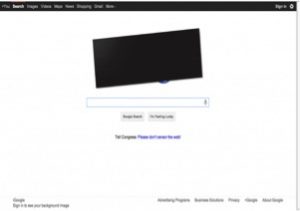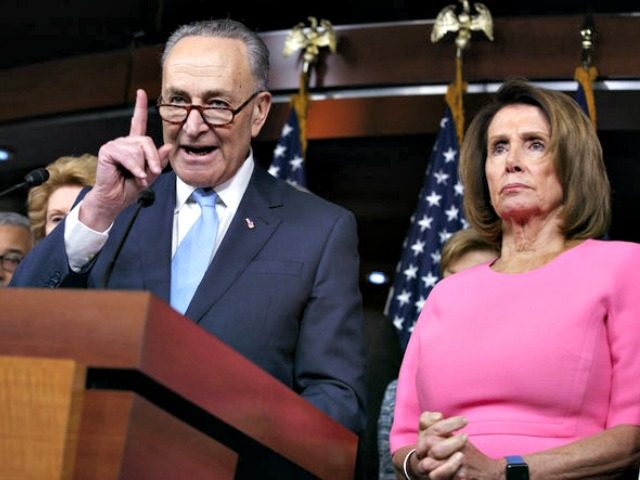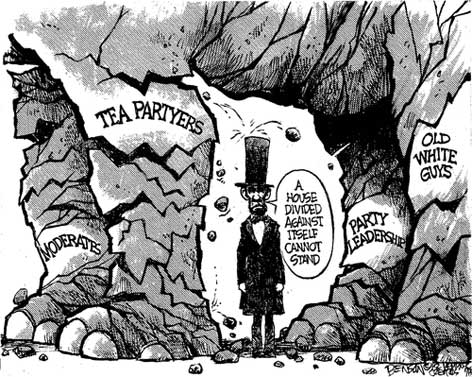By: Onica Matsika 
“In the darkest hour the soul is replenished and given strength to continue and endure.” – Heart Warrior Chosa
A day without Wikipedia, A blacked out Google, these are the preludes to how any young person would describe signs of the Apocalypse. Yet something worse than the Apocalypse is potentially on the verge: the end of the internet as we know it. The debate of property and ownership on the internet has left the blogosphere and is now about to receive a legal answer from Congress.
Years ago ruled the days of Napster. Napster was a music downloading website launched by 18 year old Shawn Fanning in 1998. You simply went to the website, typed in the music you desired and in a matter of minutes Fleetwood Mac’s greatest hits were now yours – for free. College students across the nation enjoyed this instant and cheap way of attaining music, but it was only a matter of time before the legality of this system began to arise. Is it illegal to get music for free? If one person pays for an album and shares it with another person, is this ok? If you pay for music, should the money go to the artist, their record company or the website you received the music from? Further, this peer-to-peer file sharing system brought up legal questions of intellectual property, copyright and ownership.
Though the discussion of property has been ongoing for decades, the growth of technology in recent years has catapulted the discussion. Napster just serves as the modern example of an ongoing debate. Today Napster operates as a pay-per-song music downloading site, but the questions its earlier operation raised have not been settled. The discussion has extended from music sharing to the streaming and illegal downloading of movies, TV shows and other forms of media. While consumers enjoy the ability to download all 20+ James Bond movies online, media companies are concerned about the potential abuse of copyright this system creates.
This is the background behind two pieces of current controversial legislation. The Stop Online Piracy Act (SOPA) in the House and the Protect IP Act (PIPA) in the Senate are backed by major media organizations including the Motion Picture Association of America and the US Chamber of Commerce. The bills have grabbed the attention of internet users, entrepreneurs and venture capitalists across the nation who are not used to their open forum of information sharing meddled with.
Under the proposed bills, if a copyright holder like Young Money Entertainment were to discover that a website in Malta was offering illegal c
opies of hit songs “Superbass” or “A Milli”, Young Money would have the power to issue a court order that would force search engines to remove all links to that site. The problem is “search engine” is one of the broad terms that the bill uses. Google counts as a search engine, of course, but what about Wikipedia or Reddit? Internet companies are concerned that the vague language of the bill would require them to monitor all material on their sites for copyright violations, an incredibly overwhelming and expensive task.
The current system functions so that if a site has copyright infringing content and the copyright holder asks the site to take it down, they will. Google says it acts on these requests frequently and quickly – often in less than six hours. However, the backers of the bill say that they are more concerned with foreign websites outside the bounds of US law and not necessarily with someone uploading a Taylor Swift video to YouTube. They insist that the hype the bill has caused is grounded in large distortions of the actual text. In an interview with the New York Times, David Hirschmann, leader of the Chamber of Commerce’s initiative on intellectual property, insisted that “the current debate has nothing to do with the substance of the bills”.
So why are major websites like Google, Wikipedia, Reddit, Imgur and a host of others standing so strongly in opposition of SOPA and PIPA? The bills are also enjoying a large amount of bipartisan protest. MoveOn, a liberal grassroots organization and the Heritage Foundation, a conservative think tank, both oppose the bills. A link on Google’s homepage today leads you to a site titled “End Piracy, Not Liberty”. Their statement reads: “Fighting online piracy is important. The most effective way to shut down pirate websites is through targeted legislation that cuts off their funding. There’s no need to make American social networks, blogs and search engines censor the internet or undermine the existing laws that have enabled the Web to thrive, creating millions of U.S. jobs.”
Georgia Rep. John Barrow and Sens. Saxby Chambliss and Johnny Isakson are all supporting SOPA and PIPA in their respective chambers. You can find out more information about the bills here and how to contact your Representative and Senator with your thoughts here. The Senate will vote on PIPA on January 24th 2012.

